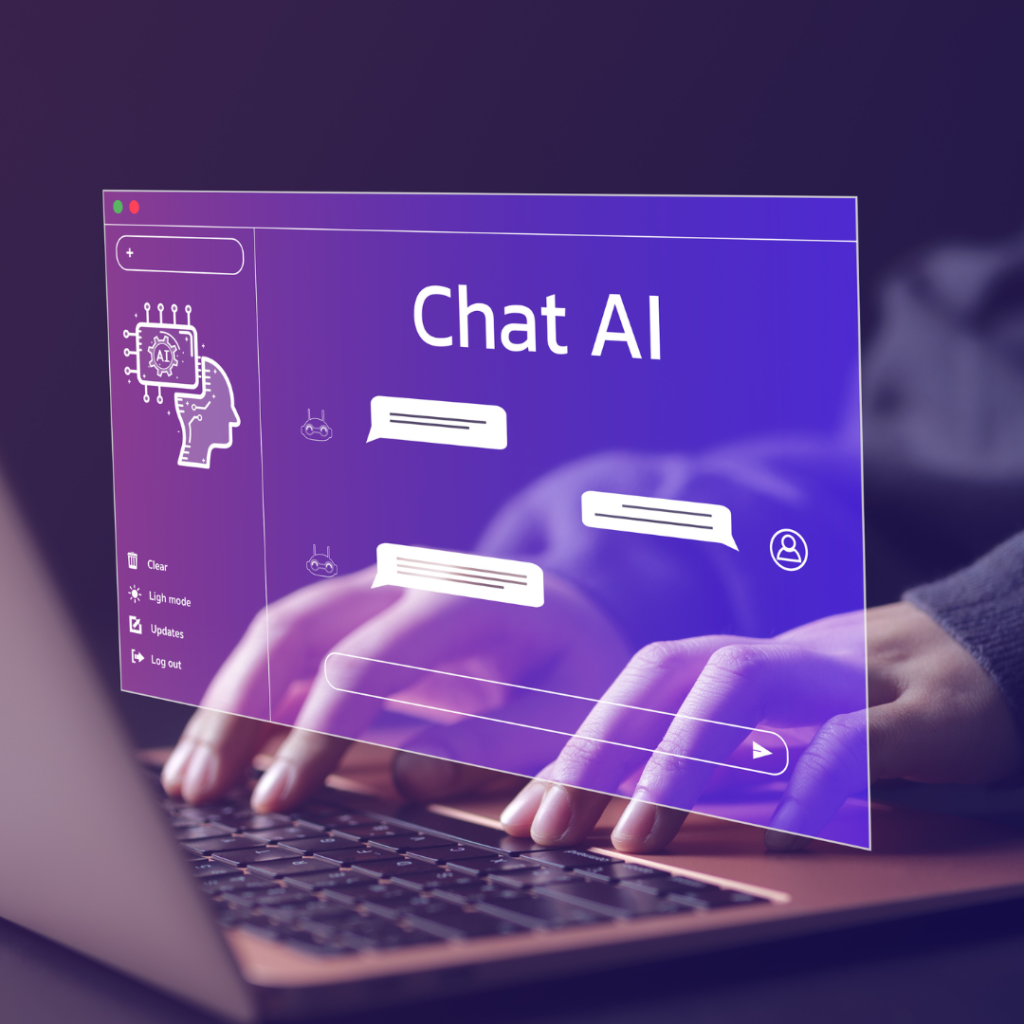
Artificial intelligence (AI) is no longer a futuristic concept it’s already transforming the way we work. From streamlining recruitment to supporting redundancy processes, AI enables employers and employees to work more efficiently. However, as AI develops rapidly, it brings legal and ethical considerations that employers cannot afford to overlook.
In this article, we explore how AI is currently used in the workplace, the UK’s legal position on AI, and how employers can harness its benefits while protecting their businesses and employees.
What is AI?
AI refers to the simulation of human intelligence by machines, covering processes such as learning, decision-making, and problem-solving. Generative AI (GenAI) goes further by producing original content such as text, images, and even video, blurring the lines between human and machine-generated work.
With such rapid advancement, it’s understandable that many people feel overwhelmed. However, for employers, understanding AI’s potential, risks, and legal implications is essential.
According to the Office for National Statistics (ONS), the use of AI in UK businesses is steadily increasing—and the trend is expected to continue.
How is AI used in the workplace?
AI is already embedded in many day-to-day functions. Applicants might use AI to enhance CVs, employees may rely on it to draft reports, and employers can use it to automate admin tasks or filter job applications.
When implemented effectively, AI can increase productivity and reduce costs. However, if used without oversight, it may lead to serious issues such as discrimination, bias, or even unfair dismissal.
The legal landscape
Unlike the European Union’s more regulated approach, the UK has opted for a flexible, innovation-driven strategy. As of early 2025, there is no comprehensive AI-specific legislation. Instead, the government’s AI Opportunities Action Plan encourages productivity through pilot schemes and initiatives such as the creation of a National Data Library.
While this open approach encourages technological development, it also places the onus on employers to use AI responsibly, particularly in HR-related decision-making.
How the workforce views AI
Despite AI’s growing role, many workers remain sceptical. A 2023 ONS survey revealed that while public awareness of AI is increasing, relatively few working adults report using it frequently, often because they do not recognise when they are doing so.
AI is frequently viewed as a threat to jobs. However, when positioned as a tool that enhances rather than replaces human labour, AI can provide significant benefits to both employees and employers.
Benefits and risks of using AI in HR processes
Recruitment
AI can assist employers by:
- Scanning CVs for relevant skills and keywords
- Automating interview scheduling
- Reviewing candidates’ online presence
- Analysing suitability based on set criteria
These processes can improve efficiency but must be carefully managed. AI systems can unintentionally replicate existing biases present in the data they are trained on. For example, Amazon famously had to scrap an AI recruitment tool that disproportionately favoured male candidates due to biased training data.
Redundancy
AI can support redundancy processes by:
- Identifying roles at risk based on data trends
- Assessing staff objectively against predefined criteria
- Suggesting redeployment options
- Drafting compliant documentation
While helpful, AI should not make decisions independently. Employers must be able to justify dismissal decisions and demonstrate fairness and transparency. An overreliance on AI could expose businesses to employment tribunal claims if decisions cannot be clearly explained or justified.
Remember, AI should support human decision-making, not replace it.
How Bhayani Law can help
The world of artificial intelligence can seem simultaneously exciting and daunting, and many employers and business owners will be eager to use AI in the most suitable way for their business.
If you need help ensuring that you are using AI safely and effectively, without exposing yourself to employment tribunal claims, get in touch with our expert team today to see how we can support you.
We have created a Generative AI in the Workplace Policy (UK) for your organisation. If you would like a copy of this policy, please email hello@bhayanilaw.co.uk, and if you are a Watertight client, you will receive this for free. Please contact your advisor.
Contact us on 0333 888 1360 for advice.






